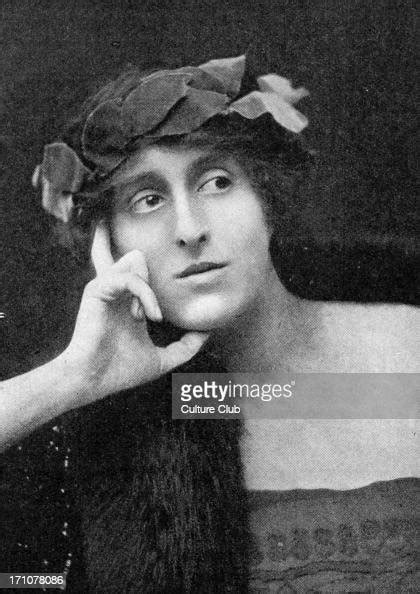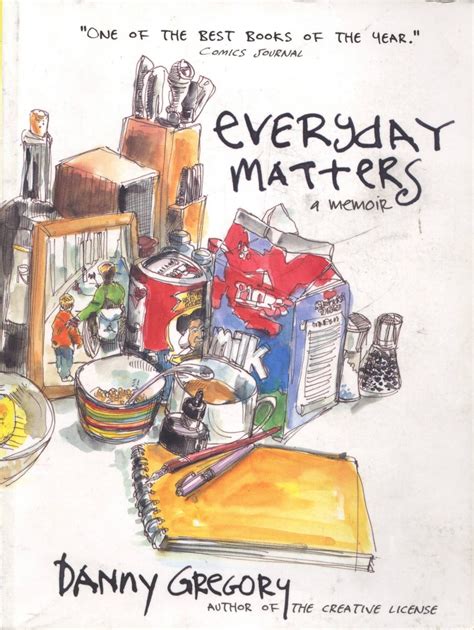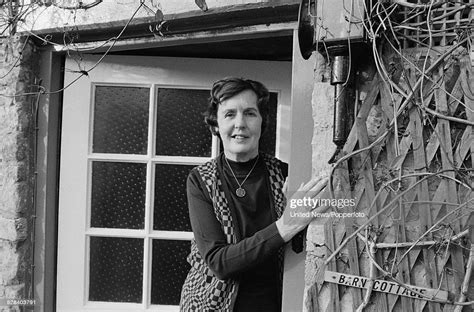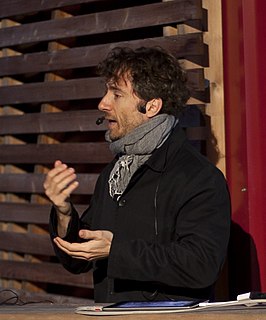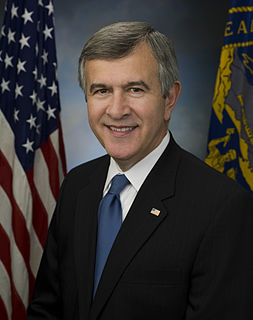A Quote by Vita Sackville-West
Travel is a private pleasure, since it consists entirely of things felt and things seen.
Related Quotes
Travel opens different eyes to different things, shows things we've never seen before, shows the world from entirely different angles. That's the power of drawing and the power of travel. They both make the familiar unfamiliar and vice versa. They show what we all have in common and what we may have missed thanks to preconceptions that may have marred our vision.
As we've seen the rise of cultural, environmental and educational tourism in adventure travel, we've also seen the rise of female participation. Part of that is due to changes in women's attitudes about their own abilities. As more women participate in such things as fly-fishing, whitewater kayaking and bicycling, we're also seeing concurrent growth in those areas in adventure travel.
Joy is not the same as pleasure or happiness. A wicked and evil man may have pleasure, while any ordinary mortal is capable of being happy. Pleasure generally comes from things, and always through the senses; happiness comes from humans through fellowship. Joy comes from loving God and neighbor. Pleasure is quick and violent, like a flash of lightning. Joy is steady and abiding, like a fixed star. Pleasure depends on external circumstances, such as money, food, travel, etc. Joy is independent of them, for it comes from a good conscience and love of God.
Although I have felt compelled to write things down since I was five years old, I doubt that my daughter ever will, for she is a singularly blessed and accepting child, delighted with life exactly as life presents itself to her, unafraid to go to sleep and unafraid to wake up. Keepers of private notebooks are a different breed altogether, lonely and resistant rearrangers of things, anxious malcontents, children afflicted apparently at birth with some presentiment of loss.
One of the things that's amazing about reading the private writing of these folks is that they enthusiastically describe things which we have now seen, and which are widely regarded as unappealing. They'll write, "It's going to be beautiful, we're going to have a town of 1,000 stone buildings that are all identical." And we as modern readers think, we've seen that; that's bad Soviet architecture or a public housing project. Nobody fantasizes about living there.
It is pleasure that lurks in the practice of every one of your virtues. Man performs actions because they are good for him, and when they are good for other people as well they are thought virtuous: if he finds pleasure in helping others he is benevolent; if he finds pleasure in working for society he is public-spirited; but it is for your private pleasure that you give twopence to a beggar as much as it is for my private pleasure that I drink another whiskey and soda. I, less of a humbug than you, neither applaud myself for my pleasure nor demand your admiration.
